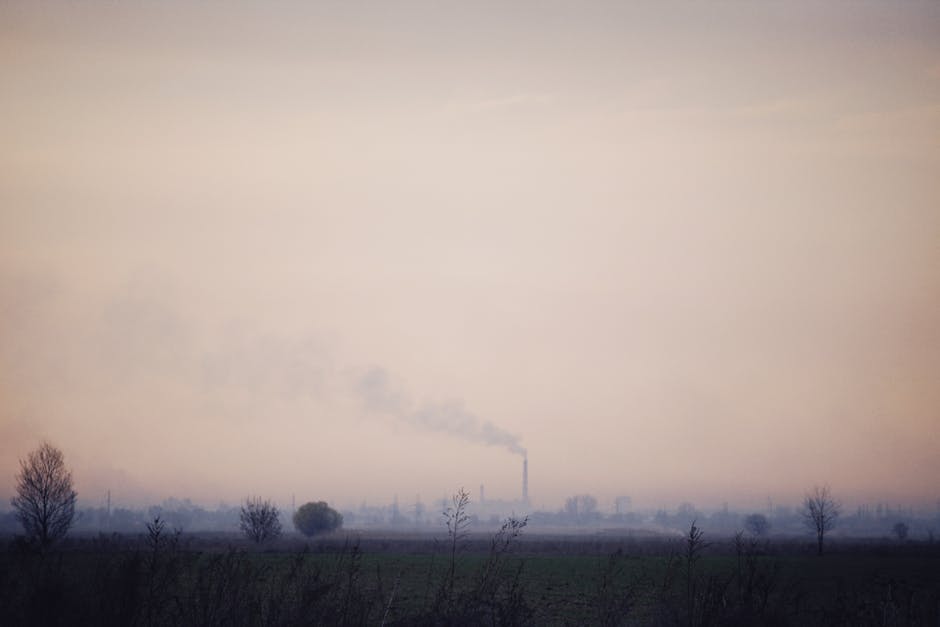Air Quality in Kurla, Mumbai, India: AQI Currently at 81
The air quality in Kurla, a bustling suburb in Mumbai, has been a growing concern for residents and environmentalists. As of the latest readings, the Air Quality Index (AQI) in Kurla stands at 81, categorizing it as “Moderate.” While this is better than the “Poor” or “Very Poor” categories seen in other parts of the city, it raises questions about long-term health implications and the factors contributing to the current air quality.
Understanding the AQI Scale
The AQI is a standardized measure used to communicate air pollution levels. An AQI of 81 falls within the “Moderate” range (51–100), indicating acceptable air quality with potential health concerns for sensitive individuals. While the general population faces low risk, prolonged exposure may cause minor respiratory discomfort, especially for those with pre-existing conditions like asthma or bronchitis.
Factors Contributing to Kurla’s Air Quality
Kurla faces a mix of urban and industrial pollution. Key contributors include:
– Emissions from small and medium-sized industries.
– Vehicular pollution from busy roads.
– Construction activities releasing particulate matter (PM2.5 and PM10).
– Proximity to the Deonar dumping ground, a major source of air pollution due to frequent fires and harmful gases.
Weather also plays a role, with cooler temperatures and lower wind speeds trapping pollutants closer to the ground, especially during winter months.
Health Implications of Moderate AQI
While an AQI of 81 is not hazardous, prolonged exposure can lead to respiratory issues, eye irritation, and fatigue. Vulnerable groups such as children, the elderly, and individuals with chronic conditions are particularly at risk. Local doctors report increased cases of cough, cold, and breathing difficulties during peak pollution hours.
Steps Taken and What More Can Be Done
The Brihanmumbai Municipal Corporation (BMC) and Maharashtra Pollution Control Board (MPCB) have implemented measures like stricter emission norms, increased construction site monitoring, and better waste management. However, experts emphasize the need for more targeted actions in areas like Kurla.
Residents can contribute by:
– Carpooling or using public transportation.
– Reducing waste and supporting green initiatives.
– Planting trees to improve air quality.
The Bigger Picture
Kurla’s AQI of 81 highlights Mumbai’s broader air quality challenges. While the moderate range is encouraging, it underscores the need for collective action to balance development with environmental sustainability. Residents are advised to stay informed about daily AQI levels, limit outdoor activities during peak pollution hours, and take necessary health precautions.
Stay tuned to NextMinuteNews for more updates on air quality and other critical issues affecting Mumbai and beyond.




